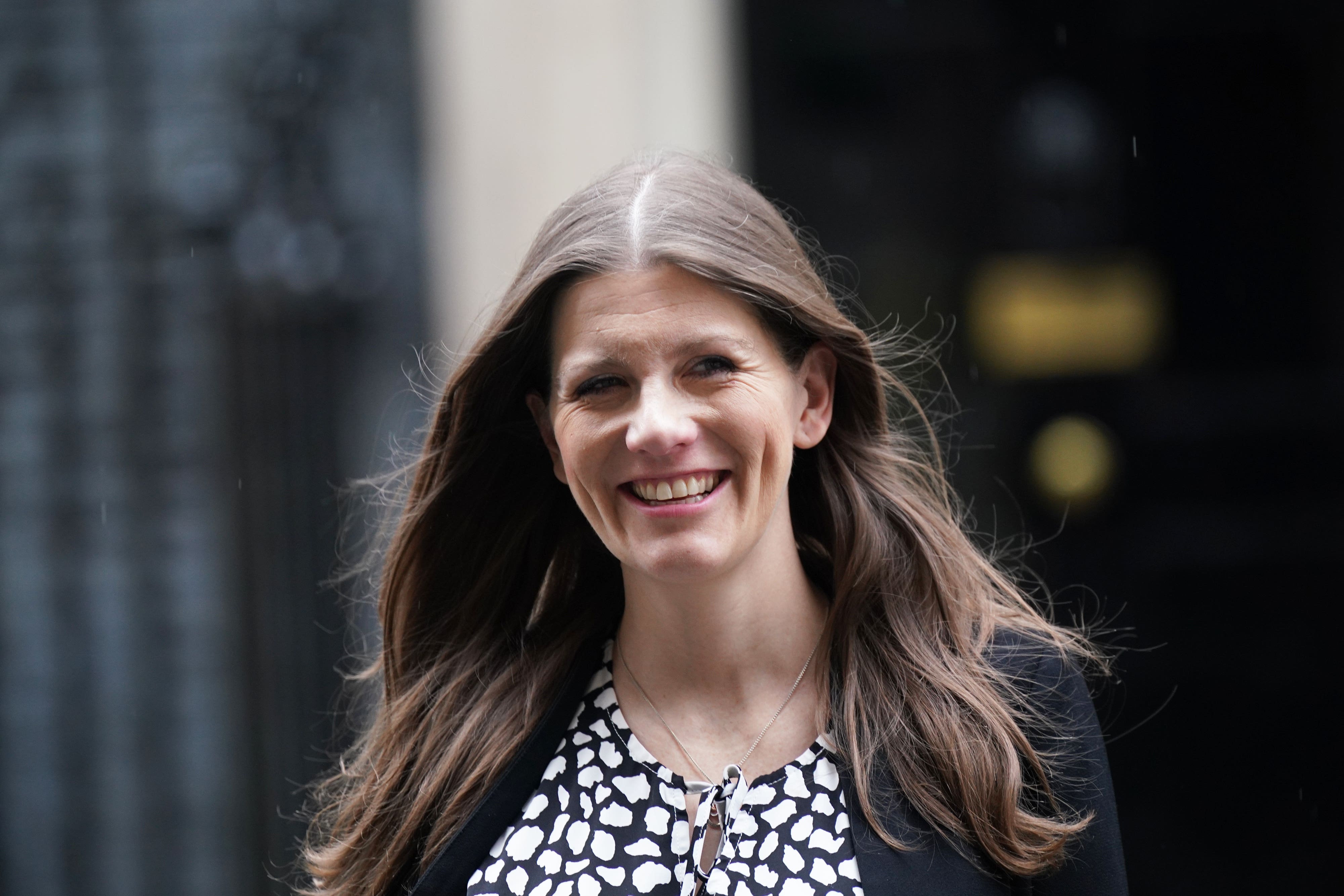Government not anti-encryption, says Technology Secretary
It comes amid concerns the Online Safety Bill could undermine the use of encryption by big technology companies.

Your support helps us to tell the story
From reproductive rights to climate change to Big Tech, The Independent is on the ground when the story is developing. Whether it's investigating the financials of Elon Musk's pro-Trump PAC or producing our latest documentary, 'The A Word', which shines a light on the American women fighting for reproductive rights, we know how important it is to parse out the facts from the messaging.
At such a critical moment in US history, we need reporters on the ground. Your donation allows us to keep sending journalists to speak to both sides of the story.
The Independent is trusted by Americans across the entire political spectrum. And unlike many other quality news outlets, we choose not to lock Americans out of our reporting and analysis with paywalls. We believe quality journalism should be available to everyone, paid for by those who can afford it.
Your support makes all the difference.The Technology Secretary has defended the Online Safety Bill amid concerns the proposed legislation could undermine the use of encryption by big technology companies.
The long-awaited Bill has drawn industry criticism over plans to give regulator Ofcom greater powers to monitor private information that was previously encrypted.
End-to-end encryption is a security measure that protects data and communications by scrambling them, meaning only the sender and recipient are able to read the data.
It is widely used to safeguard sensitive information, with Signal and fellow messaging service WhatsApp among its high-profile users.
We are not talking about the Government or social media platforms combing through individuals' messages
However, ministers have insisted the measures contained in the Online Safety Bill are necessary.
“I, like you, want my privacy because I don’t want people reading my private messages. They’d be very bored, but I don’t want them to do it,” Ms Donelan told the BBC.
“However, we do know that on some of these platforms they are hotbeds sometimes for child abuse and sexual exploitation.
“We have to be able access that information should that problem occur.”
She added: “Technology is in development to enable you to have encryption as well as to be able to access this particular information, and the safety mechanism that we have is very explicit that this can only be used for child exploitation and abuse.”
The long-awaited legislation is due to come back before Parliament in September, with the Bill expected to become law in the autumn.
Ms Donelan stressed the Government did “believe in encryption”.
“We are not talking about the Government or social media platforms combing through individuals’ messages,” she said.
Richard Collard, the NSPCC’s head of child safety online policy, called on technology companies to show leadership on the issue.
“The Online Safety Bill sets out a balanced settlement that should encourage companies to mitigate the risks of child sexual abuse when designing and rolling out features like end-to-end encryption.
“Our polling shows the UK public overwhelmingly support measures to tackle child abuse in end-to-end encrypted environments, and the specific requirements in the Bill.
“Tech firms should be showing industry leadership by listening to the public and investing in technology that protects both the safety and privacy rights of all users,” he said.